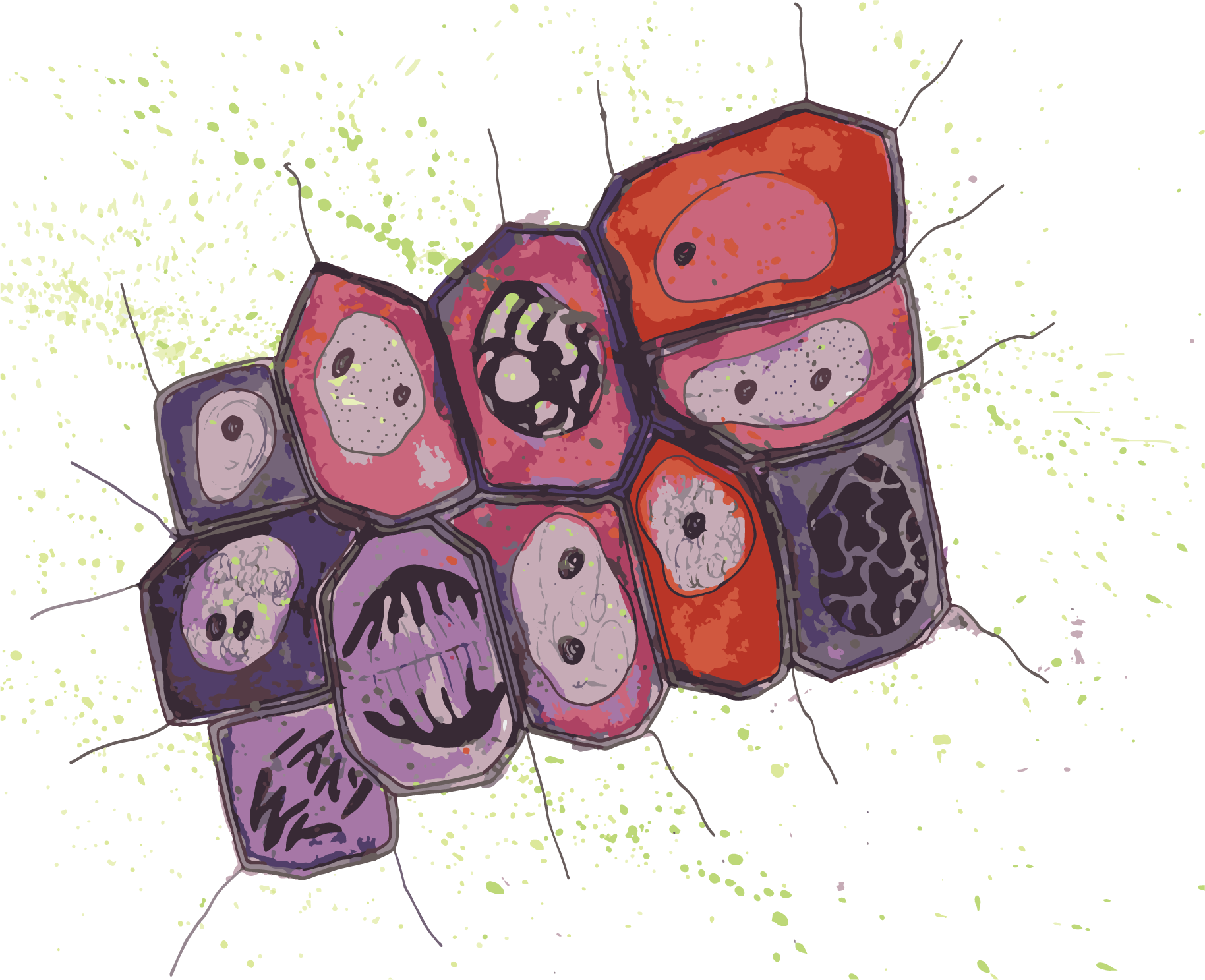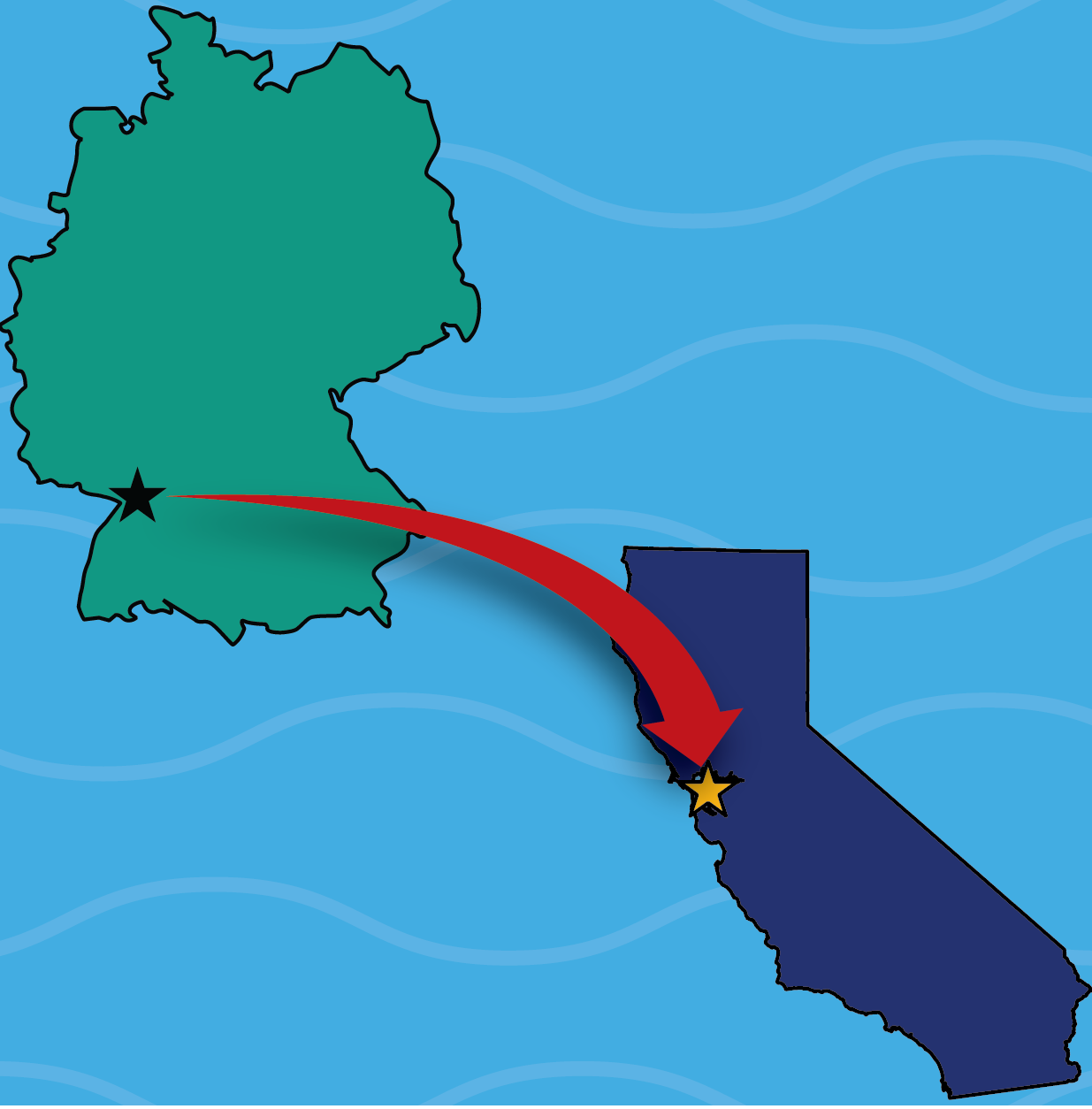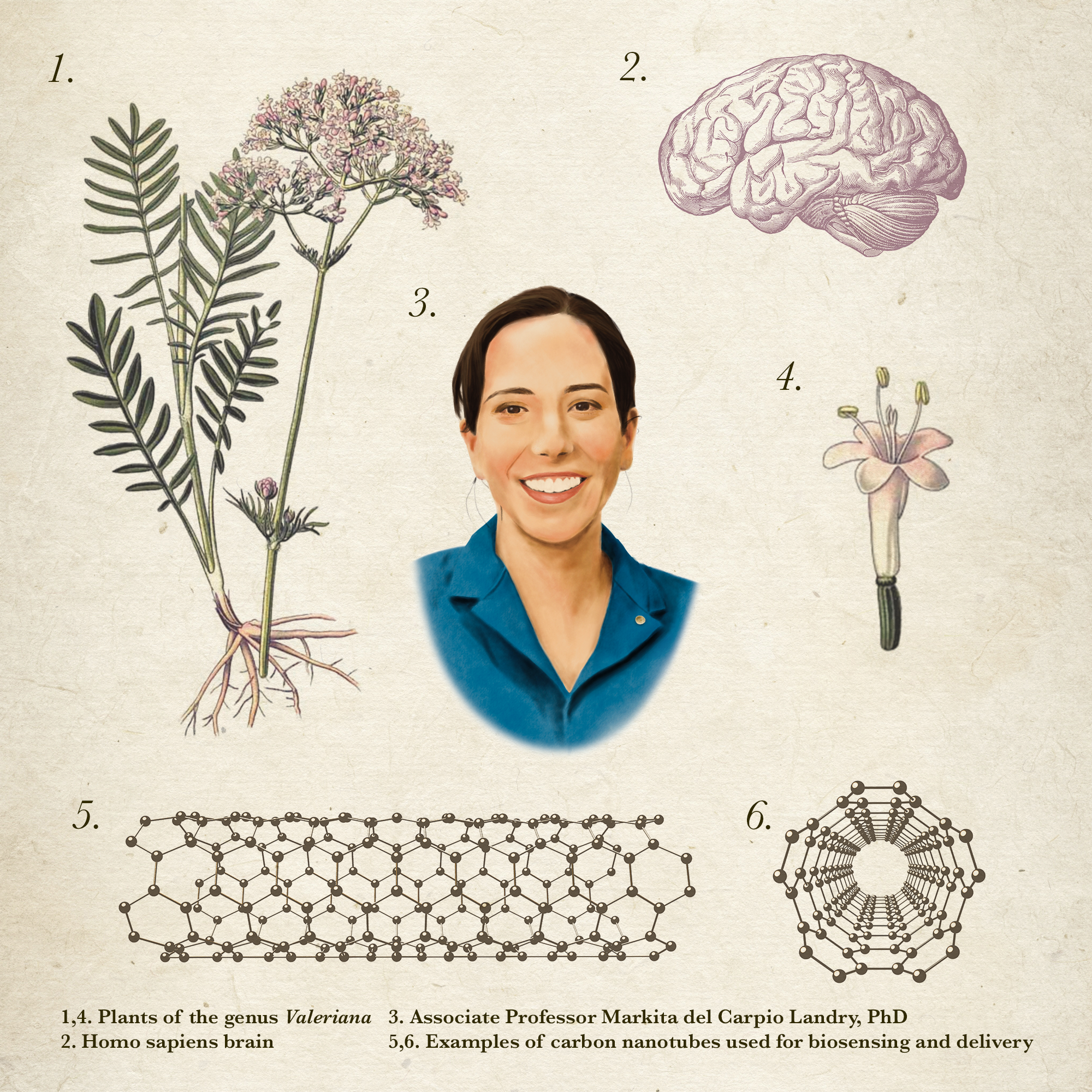Faculty Profile: Gloria Brar

Beyond scientific pursuits, research is also a means for human connection. This idea is paramount to how Dr. Gloria Brar runs her lab as an assistant professor of molecular and cell biology at UC Berkeley. “You figure out how to do great science by learning a series of different things from people with different strengths that you want to emulate,” says Brar. Throughout her career, Brar worked alongside scientists whose different personalities and approaches she admired. Now, Brar continues to foster scientific collaboration by running a lab together with co-PI Dr. Elçin Ünal. Brar explains, “Besides being fun, it allows each of us to supplement our shortcomings. Nobody is good at everything, but we can be greater than the sum of our parts because she [Elçin] is better at things I'm not great at, and vice versa.”
The collaborative nature of the eponymous Br-Ün Team Lab is crucial for studying Brar’s research focus: meiosis. Meiosis is the process by which a single cell divides and produces four reproductive cells, or gametes, each containing half the original amount of genetic information. Gametes ultimately form new generations of organisms, carrying a unique assembly of genetic information from their parent cell. This uniqueness underlies much of the complexity of meiosis.

“You’re not just trying to make one cell into two cells that look similar to what you started with [like in mitosis],” Brar explains. “In meiosis, you’re absolutely restructuring everything so that you end up with something different.” This cellular reorganization is complex, and many mysteries still surround it. Brar asks, “What to keep? What to get rid of? How do cells change their components to better suit the intermediate stages and the final product?”
To answer these questions, Brar uses yeast to study gene regulation—the process of turning genes on and off under specific conditions—which she suspects is the true conductor of meiosis. Her ultimate goal is to learn about cell differentiation, the general process by which dividing cells change shape and function. Brar says, “There’s every reason to believe that when we expand this to study cellular differentiation in more complex organisms, we’ll find many of these unexpected core features to be conserved amidst even greater complexity.”
------- Héctor L. Torres Vera is a graduate student in molecular and cell biology
Design by Chenyu Zhang
This article is part of the Spring 2022 issue.





